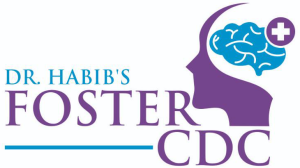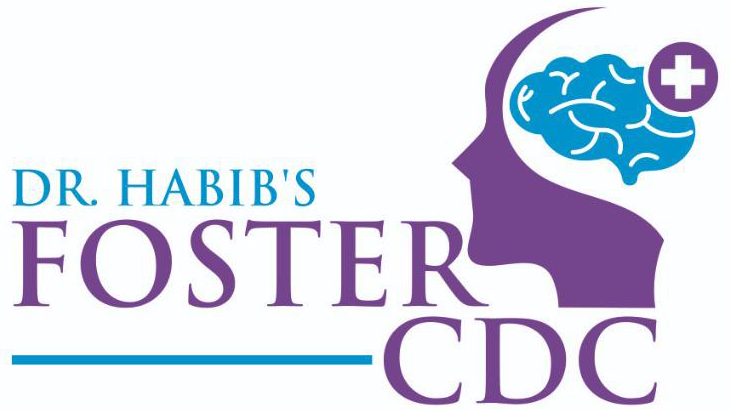Tuberous sclerosis complex (TSC) can cause changes in the skin, Seizures and Learning Disabilities in children.
Awareness about this rare genetic disorder is important for parents to spot the early signs and seek treatment immediately.
Tuberous sclerosis complex (TSC) is a very rare genetic disorder (hereditary) condition. Those who have this disorder may have problems with their brain, heart, kidney and skin. Children who develop this condition may have learning disabilities and seizures.
The overall cancer risk associated with TSC is low, but the risk is high with certain types of brain and kidney cancer.
Tuberous Sclerosis Symptoms
The most prominent and noticeable symptom changes in the skin. It affects appearance. Abnormal growths or masses occur on the skin in almost all people who have this condition. Skin changes affect a person’s appearance.
Infants and children with this condition have seizures due to growths in the brain – particularly infantile spasms (a type of seizure associated with repetitive spasms of the head and legs). This can be the first symptom of tuberous sclerosis in children.
Babies who are born with this disorder may have a benign heart condition called cardiac rhabdomyomas (benign heart tumours) at birth.
TSC causes abnormal growth (benign – non-cancerous) in the brain, skin, eye, heart, lungs, kidneys and other organs of the body.
Some symptoms can manifest later in childhood
or even into adulthood – such as:
- Facial angiofibromas – appear like acne or a rash on the face.
- Growth (reddish bumps) under and around the nails.
- Thick skin areas (patches) appear on the back
- Pitted teeth
- Growths in the kidneys
The other associated conditions may include
- Autism spectrum disorders
- Developmental delays
- Intellectual or learning disabilities
- Attention deficit hyperactivity disorder
Behavioural Issues
- Aggression or self-injury
- Social and emotional issues
- Hyperactivity
The symptoms may differ in different people. Some people may have mild symptoms and others may have severe symptoms.
Diagnosis
Some children may have mild signs and symptoms due to which TSC goes unnoticed for years and remain undiagnosed until adulthood. Some children may have severe symptoms and disabilities. However, tuberous sclerosis is most often diagnosed during infancy or early childhood.
When a paediatric neurologist suspects TSC due to typical signs and symptoms, the doctor may order several tests – such as a CT scan or MRI of the brain; a CT scan of the chest and an echocardiogram of the heart – and sometimes, an ultrasound of the kidneys as well. They also recommend skin tests and evaluate the results to check for skin abnormalities.
When to See a Paediatric Neurologist?
Signs and symptoms of tuberous sclerosis complex may appear at birth or later during early or late childhood. During early or late childhood, the signs and symptoms may become evident or may appear later during adulthood. It is a complex disorder as it is associated with several signs and symptoms and health issues – therefore when you notice any of the above signs or symptoms in your child, seek medical help immediately.
Bottom Line
Children born with heart problems (benign heart tumours) or with cognitive and behavioural issues can be diagnosed in early infancy. But in several cases, children are not diagnosed until they become older when other symptoms begin to manifest. In a nutshell, tuberous sclerosis is a complex disorder as it is associated with multiple features, signs and symptoms – which can vary in severity among children.



